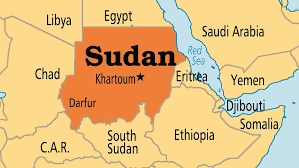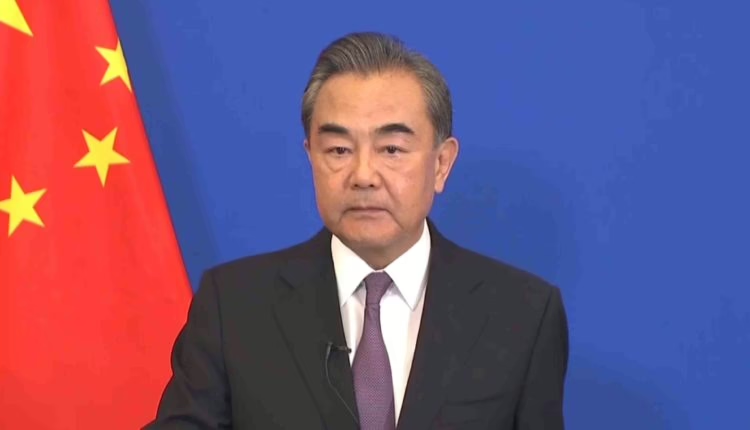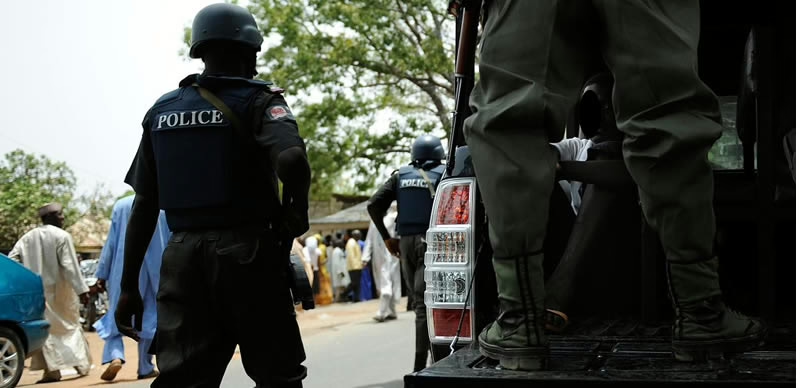Balanga Dam was established in the 1980s to provide means of livelihood and provide job security. However, the closure of the dam five years ago by the Gombe State government has plunged people of the area into untold hardship. Daily Trust on Sunday reports.
The Balanga Dam, located in Balanga LGA of Gombe State was constructed by the General Ibrahim Badamasi Babangida administration to provide means of livelihood through massive rice production and fishing to thousands of residents of the area and beyond.
Apart from irrigation activities and fishery, the dam has the potential for hydroelectric generation. Over the years, the dam has been a source of employment to thousands of people across the state, including neighbouring states.
Thousands of youths were engaged either as labourers or farmers to cultivate the fields during the rainy season, providing tons of rice paddy, thereby contributing to food security in the country.
When the dam was active, between 1984 and 2019, thousands of people thronged to Balanga for dry season farming, which significantly improved their economic status and that of the community.
However, since 2019, the closure of the dam by the Gombe State government, has plunged people of the area into untold hardship.
The farmers, during a visit by our reporter at the Balanga Dam irrigation site, called on the state government to allow them to continue cultivating their fields after four years of inactivity.
According to them, over 900,000 people were affected, while several youths and farm labourers resorted to crime due to idleness.
They urged the state government to as a matter of urgency, take the necessary measures to restore their means of livelihood and fight unemployment in the affected communities.
Due to the development, the communities are experiencing social vices as labourers and youths who were once engaged on the farms, have taken to crime.
A dry season farmer, Yahaya Ali, said the Balanga dam was a source of livelihood for hundreds of thousands of people, especially in Balanga, Gelengu, Swa, Tula, Dong and Reme in Gombe and even neighbouring states.
However, he said the four years of inactivity have denied them access to their farmlands as the state government directed that the dam should be closed and water should not be pumped to the canals for irrigation farming.
According to him, the unfortunate development made it difficult for farmers, as most of them are now unable to provide for their families’ needs.
With a family of 21 people, 58-year-old Yahaya Ali says his life has never been this difficult.
“I have been carrying out irrigation for almost three decades, and I depended solely on it to cater for my family. The last activities at our farms took place in 2019. Now that we spent four years without irrigation farming here, our only concern is how to feed ourselves. Life has become miserable for us because we have been rendered jobless.
how closure of balanga dam impoverished farmers
Another farmer, Mr Abel Usman, told Daily Trust Saturday that for the past three decades, irrigation farming has been his sole means of livelihood.
He said, “I have been engaged in irrigation farming for more than three decades. And each year we taxed ourselves to clear debris and vegetation on the canals before the irrigation farming season, and it was always done through communal effort with some aid from the government.
“However, for the past four years, we have been unable to cultivate our lands as the government has not done the major work of clearing the canals. We even agreed to do the entire operation, but the government did not accept our offer. In fact, we have exhausted all our efforts for now, yet we have not been officially informed of the reason behind the closure of the dam.”
On his part, Malam Yusuf Musa, said the dam closure has negatively impacted their lives and rendered hundreds of youths that hitherto worked in the farms to become jobless.
“This is very unfortunate because it has negatively impacted our lives. Now our youths are engaging in games under the trees, while some are now involved in unwholesome acts, which is not good for our future.
“For instance, when the irrigation farming was still on, over 874 youths were working in my rice fields alone, but now all these people have become idle. The government should consider this as a matter of urgency,” Musa appealed.
Meanwhile, reacting to the development, the state government said modalities are being worked out to kick off the rehabilitation and expansion project at the Balanga dam irrigation site.
The Commissioner for Water, Environment and Forest Resources, Mohammed Sa’idu Fawu, said the state government is making efforts to ensure that normalcy is restored to the Balanga Dam.
According to him, irrigation has not been taking place at the dam site for the past four years due to some challenges, among them security issues.
He said the water was not reaching the command centre, where the main irrigation activities take place, it was being siphoned by other farmers living close to the canals, thereby resulting in security issues over the years.
Mohammed Fawu added that because of several security reports, in 2019, the state government had to close the dam to avoid security breaches and communal clash among the people of the area.
He added that “because of the closure over these years, the structure of the dam and canals had been affected, so even if the dam is opened, the water will not reach the irrigation site, as most parts of the canals have been completely destroyed.
“But the state government is not unaware and we are in the process of restoring activity there. Also, the federal government and the World Bank have come up with the Sustainable Power and Irrigation for Nigeria (SPIN) project and I am happy to tell you that we are just waiting for the project to take off in January 2025, as they promised to us.”
The commissioner stated that the state government also contacted the North East Development Commission (NEDC) as another backup plan to restore activities at the dam.
“We have another backup, which is the North East Development Commission (NEDC). They visited the dam site earlier this year and promised to restore it to normalcy before the end of the year.
“I want to inform people of Gelengu and Gombe South Senatorial District at large, that very soon before the next irrigation season commences, I am very sure that everything will be at the right place,” the commissioner assured.
Join Daily Trust WhatsApp Community For Quick Access To News and Happenings Around You.











